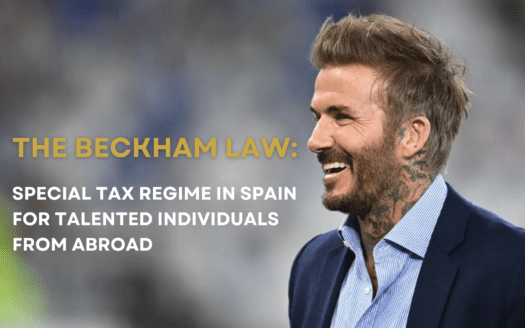Residency in Spain: Understanding the Non-Lucrative Visa
Spain, with its vibrant culture, scenic beauty, and relaxed lifestyle, draws in a multitude of individuals seeking to call this picturesque country home. For non-Europeans eyeing an extended stay in Spain without the necessity to work, the Spanish non-lucrative visa, also known as visado residencia, presents an enticing opportunity.
Who Does the Non-Lucrative Visa Cater To?
Primarily, this visa caters to individuals with diverse objectives:
- Retirees in Spain: Often referred to as the “Spain retirement visa,” it suits those aiming to retire and relish the Spanish lifestyle.
- Short to Medium-Term Residents: Individuals seeking a stay ranging from 6 months to a year, relying on savings without engaging in employment.
- Explorers Wanting Flexibility: It allows exploration of Spain before potential conversion to different residency permits, like a work permit, upon securing employment.
Benefits of the Non-Lucrative Spain Visa
The allure of this visa extends beyond just residence:
- Family Cohesion: Unlike other visas, this allows immediate family members to accompany the visa holder without a waiting period.
- Residency Extension: A 1-year visa can be extended twice for two years each, providing extended stay options.
- Educational Pursuits: Enrolment in educational institutions is permitted, akin to a student visa.
- Investment Opportunities: Though employment is restricted, investment in various avenues is allowed.
- European Mobility: As a visa holder, one gains free movement within the EU.
Meeting Non-Lucrative Visa Requirements
Financial sufficiency is the cornerstone:
- Financial Benchmark: As of 2023, a minimum passive income of €2,400 per month or €28,800 annually is required.
- Additional Family Members: Each dependent requires an additional €7,200 per year.
Documents and Application Process
Applying for the non-lucrative Spanish visa involves a set of documents and steps:
- Essential Documents: These include completed application forms, passport copies, police clearance, medical certificates, and proof of financial stability.
- Consulate Application: All visa applications must be processed through the nearest Spanish consulate in the applicant’s country of residence.
- Procedure Overview: It involves application submission, an interview, fee payment, and visa collection.
Renewals, Conversions, and Taxation
- Renewal and Conversion: Renewal can be done twice for two years each. After five years, permanent residency is an option, leading to citizenship after ten years.
- Tax Obligations: With residency, tax liability in Spain ensues, subject to varying rates based on income sources and regions.
Gray Areas and Alternatives
- Remote Work and Gray Zone: Remote work on this visa is contentious and not included in the visa’s financial requirements. Consideration of a digital nomad visa is advisable for remote work in Spain.
- Differentiation from Golden Visa: Distinct from the Golden visa, the non-lucrative visa prohibits employment, requires 183 days of residency, and mandates tax obligations.
The Spanish non-lucrative visa presents a gateway to an extended sojourn in a country steeped in culture, history, and beauty. Understanding its nuances and obligations can pave the way for a fulfilling stay in Spain.
More information can be found through the website of Spanish Foreign Affairs Ministry.
Contact us if you would like more information on your options for starting your journey in Spain.






